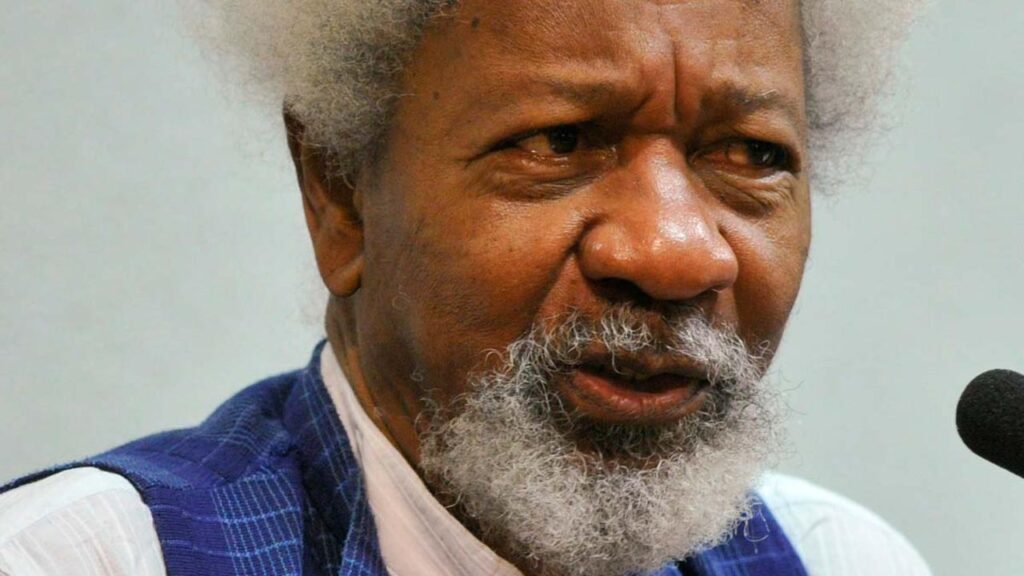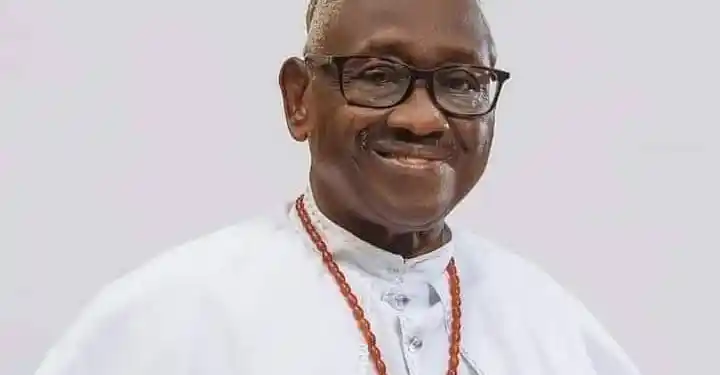Coalition of over 40 Civil Society Organisations (CSOs) and experts, under the auspices of Which Way Citizens’ Scenarios Team, has stressed the need for more citizens’ engagement in the forthcoming elections.
The professionals spoke at a national dialogue to provide policy analysis on key sectors of the country and boost citizens’ involvement in the electoral progress.
Co-initiator, Prof. Chukwumerije Okereke, who spoke at the online event monitored by The Guardian, harped on importance of the election to Nigeria’s future.
Okereke, who is also Director of the Centre of Climate Change and Development at Alex Ekwueme Federal University, Ndufu-Alike, Ebonyi State, said the conversation, which equally captured urban development, health and other thematic areas, was to expose the citizenry to likely evolving scenarios and prepare them for how to handle them in the quest for peaceful polls this month and next.
Founding Partner, Nextier, Patrick Okigbo, in his intervention on the security sector, provided data on various crises and categorised states, according to frequency of violence and number of casualties.
He said: “The rate of violence in Nigeria is bound to increase and Nigeria can even implode if there are wide perceptions that the 2023 elections are unfair and stolen.”
According to him, the most promising ways to address the worsening insecurity are through improved governance and service delivery, securitisation – non-combative approaches, fixing of the economy, youth unemployment and improved criminal justice system.
He stressed that a change in political and economic realities would result in reduced incidents, casualties and humanitarian needs, less tensions and agitations, as well as decline in demand for guns, informal security provisioning and disincentive for violence.
Co-founder/Executive Director, Africa Circular Innovation Partnership (CEIP), Dr. Natalie Beinisch, who spoke on the economy, noted that issues such as inflation, foreign currency controls and fuel subsidies are increasing risk and undermining business productivity.
She emphasised that structural challenges, including security, access to energy and emigration were choking businesses and increasing confidence deficit in public institutions, thus resulting in substantial capital flight.
Beinisch advised that to increase business confidence, some of the steps the new administration could take include appointing reputable technocrats to key administrative positions, reduce foreign currency controls, address fuel subsidies and sustained measures to reduce unnecessary compliance and permitting burdens, particularly for smaller companies.
For Vice Chancellor of Coal City University, Enugu, Prof. Afam Icha-Ituma, there has been an improved ranking of Nigerian universities from five in the previous year to 12 in the top band in 2023.
Lamenting the state of funding of education in the country, which is far below the recommended threshold by United Nations Educational, Scientific and Cultural Organisation (UNESCO), the administrator observed that one of the most important things the incoming government could do to better quality of education would be to enthrone merit as basis for admission into tertiary institutions.
He also called on Tertiary Education Trust Fund, (TETFund) to expand its funding to private universities.
On public opinion regarding social cohesion in Nigeria, Icha-Ituma said results from national surveys he conducted indicated that the level of trust in government, sense of common identity and fairness has been on the decrease.
He said: “Many years after independence, we still find it hard to start, how long shall we be patient before we reach the Promised Land. Let’s save Nigeria, so Nigeria won’t die.”
The don encouraged citizens’ participation in voting, advising: “Beyond whoever wins the election, citizens must know they are responsible to holding those people accountable for their promises.”
Former gubernatorial aspirant in Anambra State and Labour Party (LP) chieftain, Valentine Ozigbo, in his submission, stressed the importance of addressing leadership problems in the country.
He said it was vital to change the political culture of the country to emphasise competence and character rather than ethnicity and money in choosing leader
In his contribution, former Minister of Aviation and Peoples Democratic Party (PDP) stalwart, Osita Chidoka, stressed on building institutions than focusing on finding a “good man” leader.
He said while leaders come and go, it is the quality of institutions that determines the fortune of countries.
He said: “For the 2023 elections, we need a leader that can bring the National Assembly together to make the government accountable and work with the Executive to address the myriad of challenges facing the country.”
In response to Prof. Okereke’s question on what the incoming President must do in the first 100 days in office to set Nigeria on the right path, the panelist and discussant mentioned appointing seasoned technocrats, tackling insecurity, undertaking economic reform to address poverty and unemployment, fighting corruption, restoring confidence in governance and building trust, as well as enthroning a culture of merit and competitiveness.












